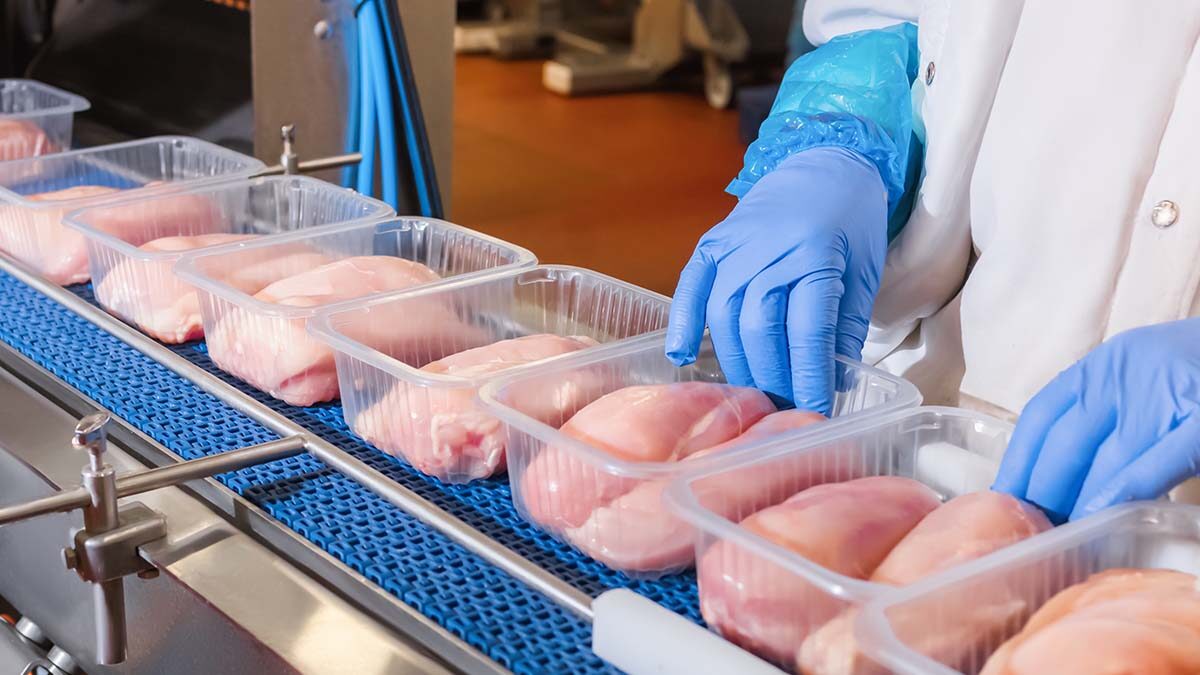According to the best available science, three quarters of women find both penis length and girth “somewhat important” or “very important.”
What does this have to do with diet?
Phthalates.
Phthalates are chemical compounds used in a wide range of consumer products, including pesticides, paints, and PVC plastic. The contribution of dietary intake to phthalate exposure, however, was not well defined until a landmark study was published last year in the journal of the U.S. National Institute of Environmental Health Sciences.
Phthalates had been known to affect the genital development of lab rats, but recent human studies have also shown adverse effects on sexual health and development. The most important findings to date have come from the Study for Future Families, a multicenter study of prenatal clinics in California, Minnesota, and Missouri.
It was a simple study. Researchers measured the levels of phthalates flowing through the bodies of pregnant women, and then later measured the size and characteristics of their infant sons’ genitalia between ages 2 months to 3 years. There was one phthalate particularly associated with a smaller penis, mono 2-ethylhexyl phthalate, MEHP. The team of researchers conclude: “These changes in male infants, associated with prenatal exposure to some of the same phthalate metabolites that cause similar alterations in male rodents, suggest that commonly used phthalates may undervirilize humans as well….”
So what foods should pregnant women stay away from to avoid the “phthalate-related syndrome of incomplete virilization” in their sons? In the study published last year, the urine phthalate levels of thousands of Americans all across the country were measured, along with their diets, to find out which food was most significantly associated with phthalate body burden. They looked at dairy, eggs, fish, fruit, poultry, potatoes, tomatoes, vegetables in general, and red meat.
The most statistically significant finding in their analysis was the link between poultry consumption and MEHP.
Those that reported on the Study for Future Families data implied that having a small penis size made boys “less masculine” (see video), but the link between masculine behavior and the types of phthalates found in chicken wasn’t established until last year. Researchers found that boys who were exposed did indeed exhibit less male-typical play (such as preferring trucks over dolls). In the video I also show the studies associated the contaminants found in chicken to increased odds of cesarean section, diminished child intelligence, male breast growth, and attention-deficit and hyperactivity disorder symptoms.
Maybe the phthalates were just leaching into the meat from the plastic wrap packaging? Probably not, conclude the researchers: “the finding that egg consumption is significantly associated with levels of MEHP too, suggests that chickens themselves may be contaminated with phthalates and that food is not being contaminated just through packaging and processing.”
So to protect their sons’ normal development, pregnant women may be wise to avoid poultry. To watch this in video form, click on Chicken consumption and the feminization of male genitalia“.
-Michael Greger, M.D.
